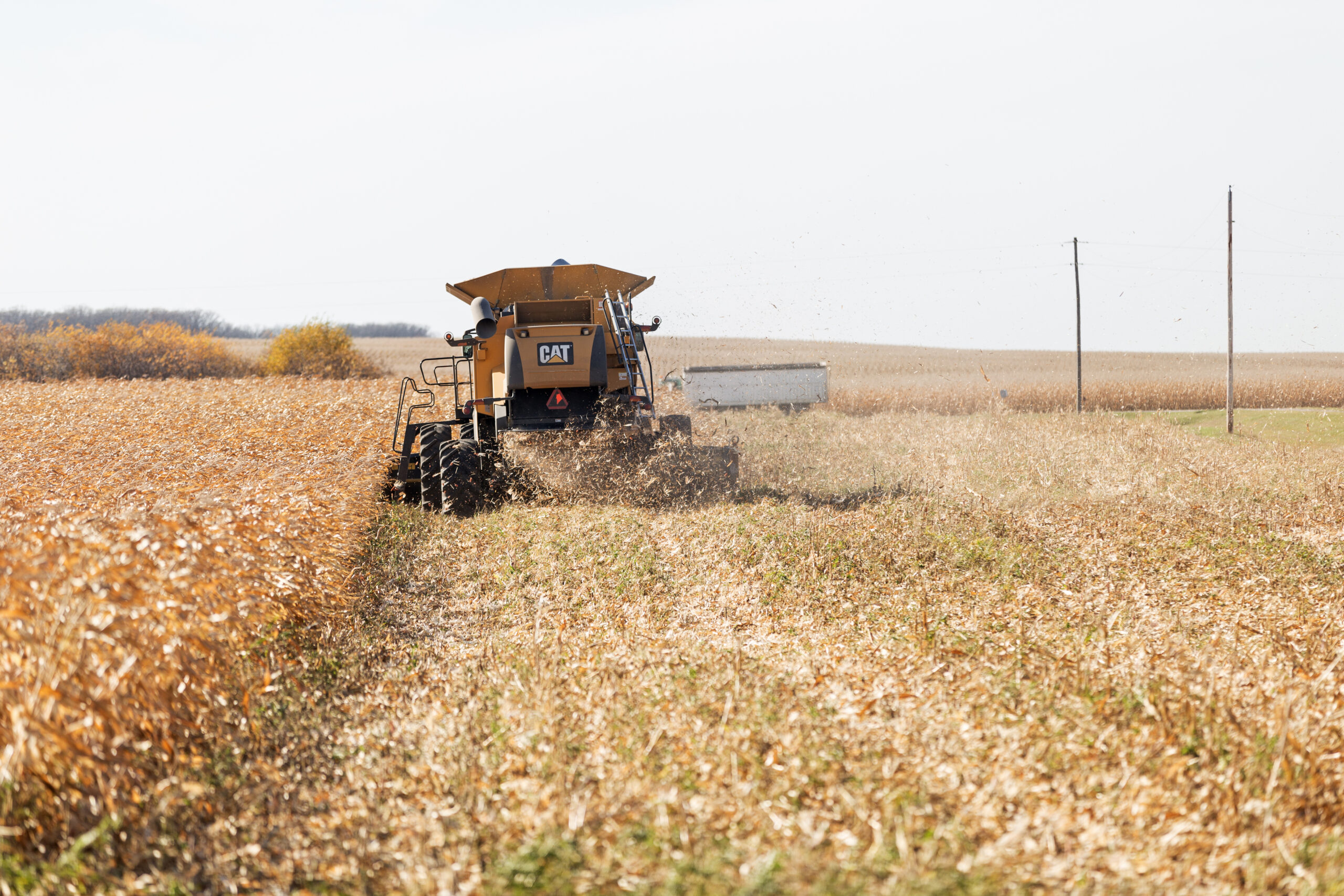
WASHINGTON, D.C. –Eight of the nation’s top agricultural, biomass, and greenhouse gas (GHG) lifecycle scientists filed an amicus brief on July 3rd that challenged the faulty assumptions underpinning a number of attacks on the Renewable Fuel Standard (RFS). The brief was filed in the U.S. Court of Appeals for the District of Columbia Circuit in Center for Biological Diversity (CBD) v. EPA et al. (Case No. 23-1177).
Growth Energy, the nation’s largest biofuel trade association, highlighted the importance of the brief in a statement:
“The new brief from America’s top lifecycle experts sends a clear signal—it’s time for environmental advocates to stop parroting fossil fuel companies and start supporting low-carbon biofuels at the gas pump,” said Growth Energy CEO Emily Skor. “Decades of data have demonstrated again and again that bioethanol has not increased crop acreage—in fact, U.S. farm acreage has been largely unchanged since the 1930s. Even the U.S. Department of Energy (DOE) rejected similar claims in a letter to Growth Energy, acknowledging the scientific consensus that U.S. ethanol slashes greenhouse gas emissions by 44 to 52 percent.”
“It’s time for environmentalist skeptics of biofuels to listen to the experts and let go of outdated and debunked research” she added. “The scientists who filed the amicus brief in support of EPA provide a clear-eyed and honest assessment of the environmental profile of biofuel production, and we look forward to working with any group that wants to help us expand access to lower-carbon bioethanol.”
To access the full brief, users can register for an account through the Administrative Office of the U.S. Courts Public Access to Court Electronic Records (PACER) system and search for the case (U.S. Court of Appeals for the District of Columbia Circuit, Case No. 23-1177, Center for Biological Diversity v. Environmental Protection Agency, et al.). It was submitted on behalf of:
- Dr. David Clay, Distinguished Professor of Soil Science at South Dakota State University, Fellow of the American Society of Agronomy, Editor in Chief for the American Society of Agronomy, and the South Dakota Corn Endowed Chair of Precision Farming.
- Kenneth Copenhaver, former scientist for NASA and Founding Principal at CropGrower LLC.
- Dr. Isaac Emery, environmental sustainability scientist, consultant and project director at WSP USA.
- Dr. Stephen Kaffka, Professor Emeritus of Cooperative Extension at the University of California Davis and Director of the California Biomass Initiative.
- Dr. Madhu Khanna, ACES Distinguished Professor in Environmental Economics at the University of Illinois Urbana-Champaign.
- Keith Kline, Distinguished Scientist in the Environmental Sciences Division and the Climate Change Science Institute of Oak Ridge National Laboratory, and Adjunct Professor in the Biosystems Engineering and Soil Science Department at the University of Tennessee Institute of Agriculture.
- Dr. Steffen Mueller, leader of the Bioenergy and Transportation Emissions Research Group at the University of Illinois Chicago.
- Dr. Dev Shrestha, professor of chemical and biological engineering at the University of Idaho.
Background
In the underlying case, CBD is challenging EPA’s most recent “Set” rule for the 2023-2025 renewable volume obligations (RVOs) under the RFS. They argue that, in promulgating the rule, the U.S. Environmental Protection Agency (EPA) failed to properly consult with both the U.S. Fish and Wildlife Service and National Marine Fisheries Service regarding the rule’s potential impact on the habitats of endangered species, pursuant to the Endangered Species Act (ESA). In August 2023, Growth Energy filed a motion to intervene in the case, as its outcome would have a material impact on the association and its membership.
Some of CBD’s arguments against the RVOs rely on research published by Tyler Lark, whose work has been previously debunked and dismissed by leading scientists, including those at the U.S. Department of Agriculture, the U.S. Department of Energy, and Argonne National Laboratory, among others. Today’s brief from the aforementioned group of scientists takes direct aim at Lark’s claims and research methods, adding to the chorus of voices using science to undermine Lark’s anti-ethanol claims.
The RFS was first enacted in 2005 as part of the Energy Policy Act. It was then expanded in 2007 with the passage of the Energy Independency and Security Act. It sets the number of gallons of renewable fuels (like biofuels) that must be blended into the nation’s total fuel supply each year. The RFS remains one of America’s most successful clean energy policies, reducing carbon emissions, offering consumers more affordable options at the pump, and delivering greater energy security for more than 15 years.
###